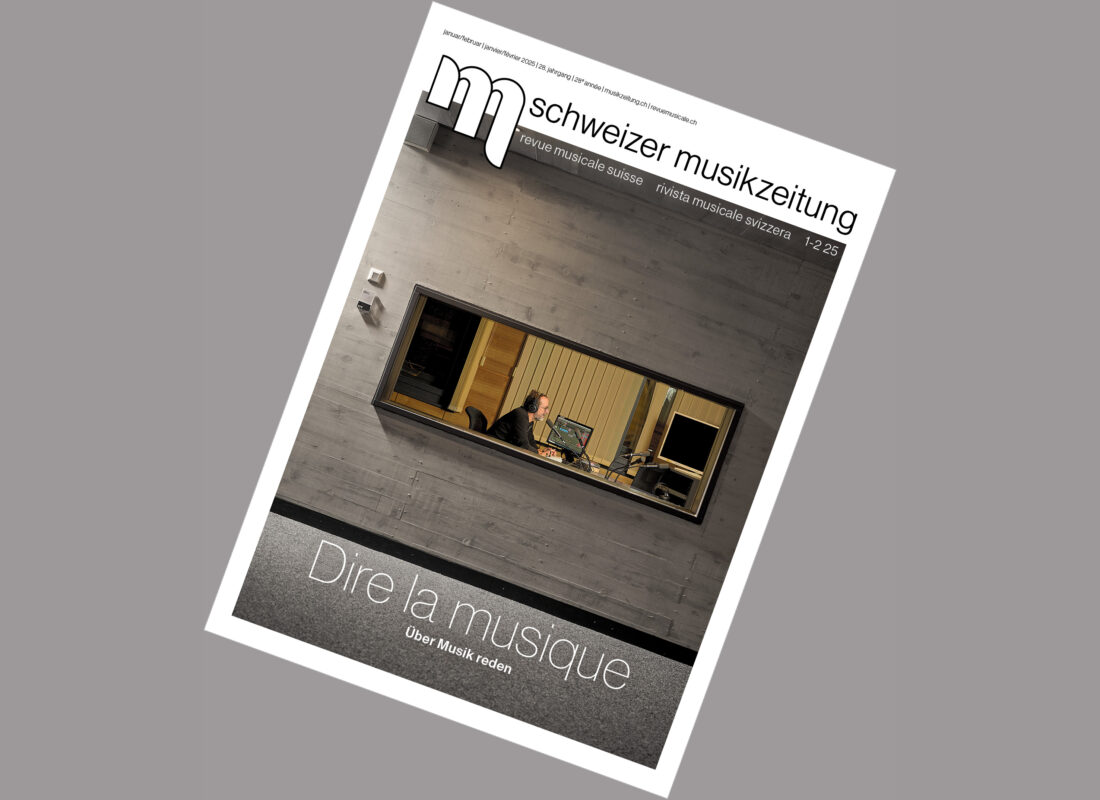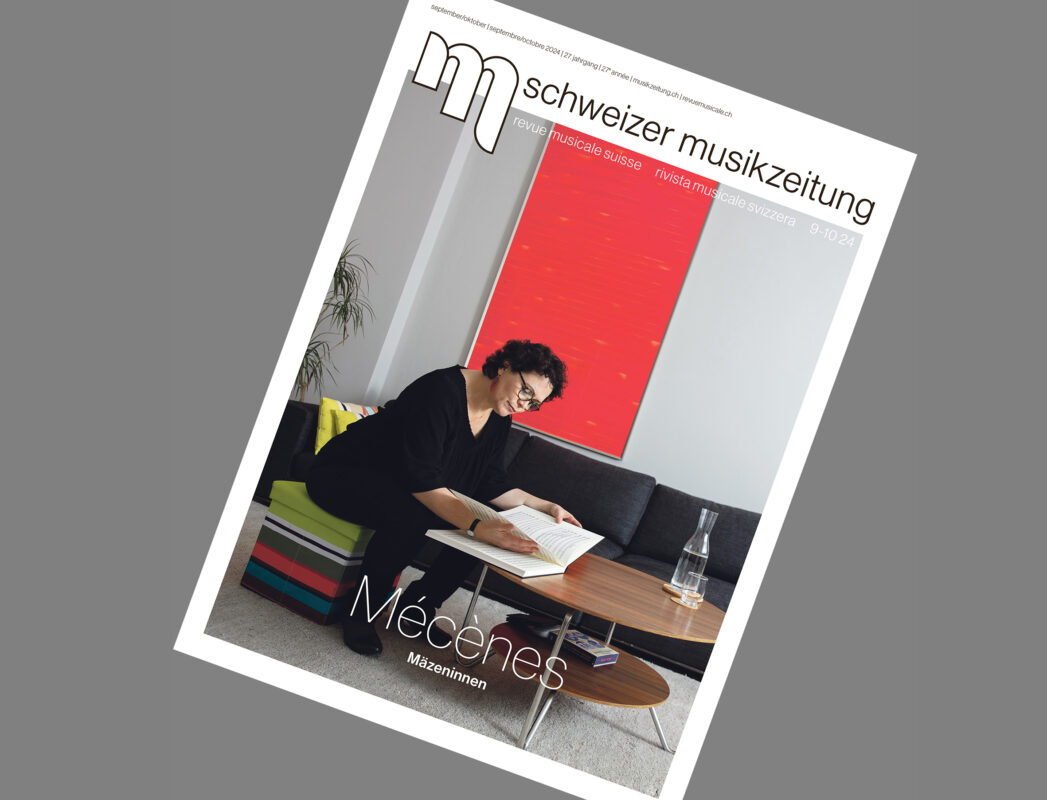Talking about music
"Talking about music is like dancing architecture." This is the most common and at the same time most controversial quote about the meaning of logic, applied to areas such as art that do not obey logic.
The quote, as beautiful as it is vague, is regularly attributed to Frank Zappa, but also to Elvis Costello or Bob Dylan, while more reliable statements point to the American actor and comedian Martin Mull.
Beyond this ambiguity is the question of the meaning of the aphorism: using words - logos - to describe something non-verbal leads to just as unproductive (if not clumsy or even ridiculous) a result as trying to grasp the meaning of a building with a movement of arms and legs.
Music can only be heard, so only the auditory impression really depicts the symbolic-semantic world of this art.
So why, if there is no point, do we continue to talk about music?
A first answer is of a practical nature: talking about music serves to distinguish it from a cauliflower, a smile or a pandemic. Because it exists, this "music", both in the real world - consisting of actually perceptible objects - and in the realm of the imagination. And talking about it helps us to become aware of its existence.
Talking about music also serves to leave a trace of the experiences that touch us. By describing our actions and feelings in relation to music, we fulfill a fundamental human need, namely to give an account of our existence to ourselves and others. Sharing what our lives have to do with music becomes as plausible an affirmation of our existence as many other things.
By communicating, we also create a higher level of "talking about music", a level on which we build shared values; a level with cultural nuances too, because when we argue about music, we contribute, we show who we are and we leave traces of our identity.
Finally, the highest level of talking about music does justice to consciousness, to the objective, transferable and universal values that spring from selected human experiences. A consciousness that we all receive and pass on at the same time.
After all, talking about music is as indispensable as talking about oneself. Because in the end, man is the Word and it seems, as the evangelist John writes, that God is too.
Zeno Gabaglio
... is a musician and philosopher, President of the Ticino Sub-Commission of Music, jury member of the Swiss Music Prize and member of the SUISA Board.








